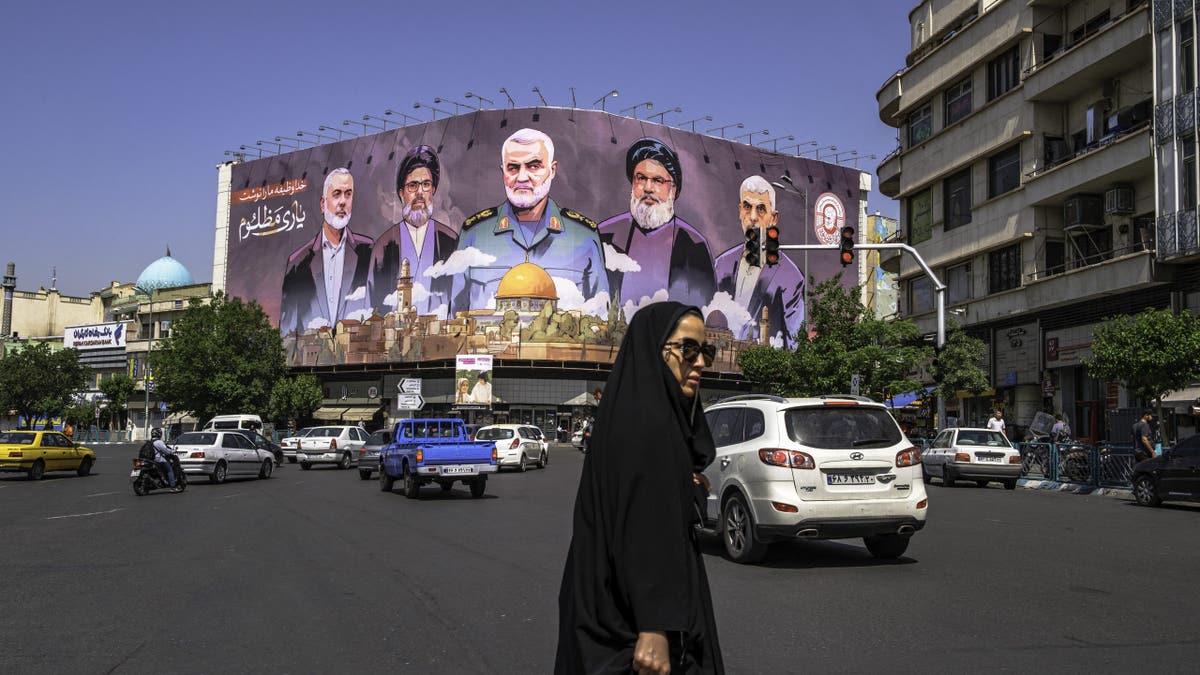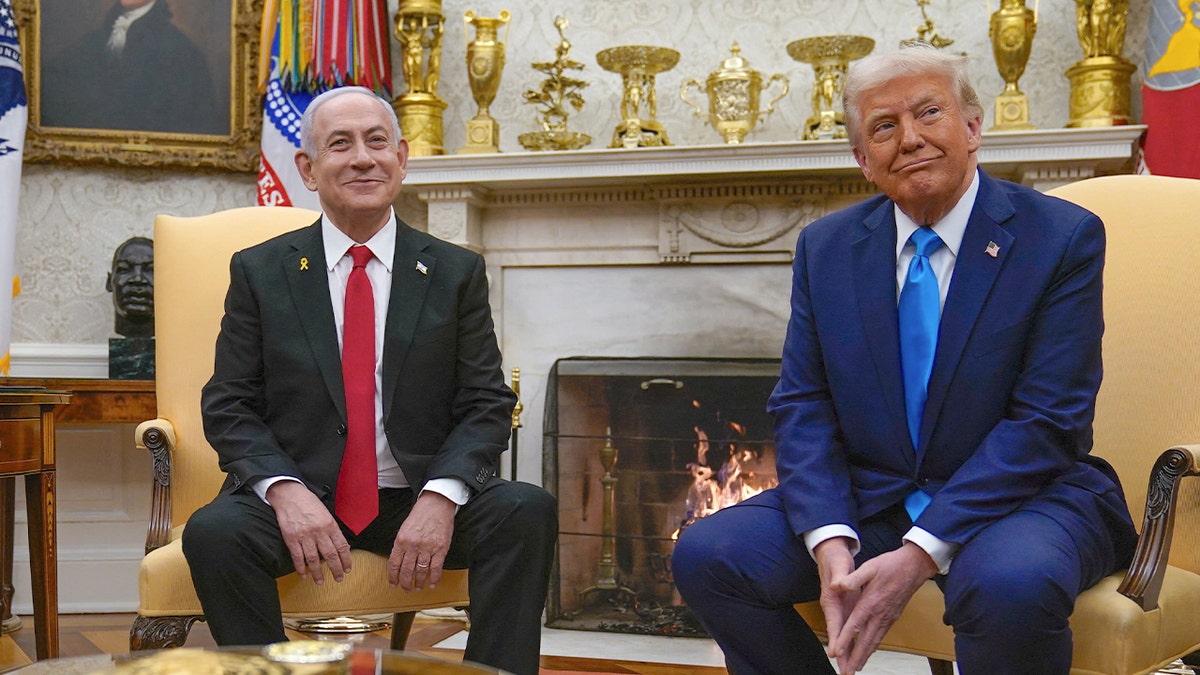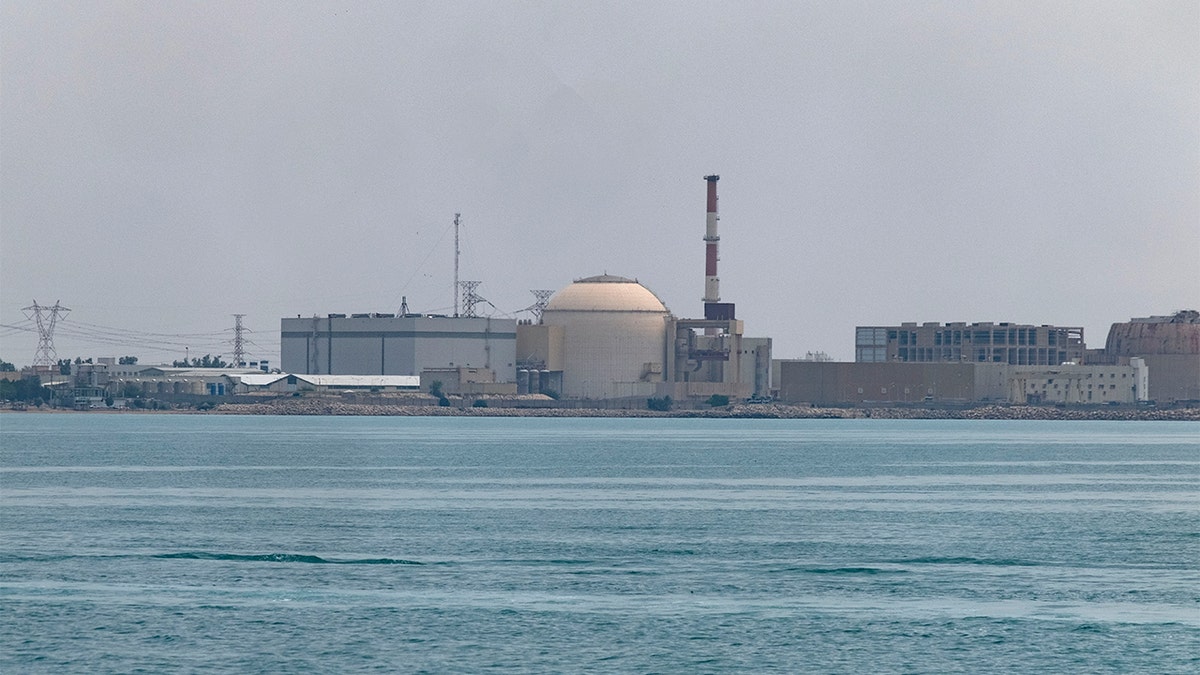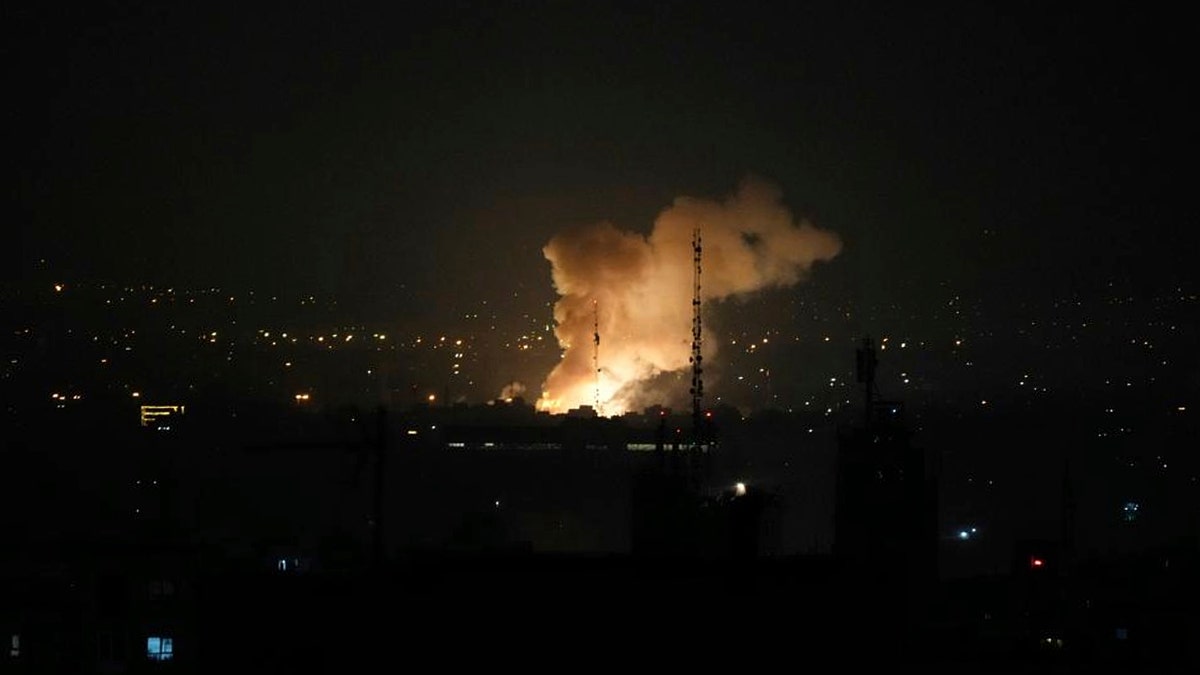Israel’s actions against Iran create strategic opportunity for US in nuclear talks, experts say
NEWYou can now listen to Fox News articles!
Israel’s precision strike on Iran’s nuclear and military infrastructure may open a rare strategic window for the Trump administration. With experts telling Fox News Digital the U.S. has an opportunity to pressure Tehran toward a nuclear agreement — one that could not have been achieved through diplomacy alone.
The Israeli military told Fox News Digital that the operation in Iran was carried out by Israeli forces but in coordination with the United States. While U.S. troops did not participate in the attack, defense cooperation continued throughout the strike — and during Iran’s retaliation on Friday, when U.S. forces helped intercept Iranian missile attacks on Tel Aviv.
“This was an Israeli operation,” an IDF official said, “but we were closely coordinated with the Americans. There was real-time intelligence and continuous contact.”
ISRAELI OFFICIAL VOWS ‘WE HAVE MORE SURPRISES COMING UP’ FOR IRAN FOLLOWING WAVE OF AIRSTRIKES
Avner Golov, vice president of Mind Israel, told Fox News Digital “We’re not trying to pull the U.S. in — Israel is the right model for what a responsible ally looks like: doing the hard work, asking for minimal support, and delivering strategic value.”
He added, “No one wants a war. Israel achieved this result in just a few days. It was effective and disciplined. We don’t want to stay in a prolonged war — and certainly don’t want to drag the U.S. into one. Israel is the model — a way for the U.S. to stay globally influential through a partner that delivers results with minimal investment.”
Robert Greenway, director of the Allison Center for National Security at The Heritage Foundation, said, “The President’s messaging so far has been careful to distinguish that these attacks are unilateral Israeli actions — not U.S. attacks. That’s largely to prevent retaliation against American infrastructure. But if U.S. assets were attacked, we would become a participant — and Iran can’t handle Israel, let alone the United States.”
“The President made it clear that he preferred a diplomatic solution,” Greenway added, “I believe that was sincere, even though he knows the Iranians full well. He anticipated that the prospects might have been remote — but it was worth trying.”

Israeli analyst and journalist for Yediot Ahronot, Nadav Eyal, told Fox News Digital the operation reflects a deliberate “bad cop, good cop” strategy — with Israel applying military pressure, and the U.S. positioned to extract diplomatic gains.
“The president is basically saying this on the record: you’ve got hit by the Israelis. Now we’ve signed a good agreement, and we’re ready to sign an agreement. . . .”
Eyal added that some of the media coverage ahead of the attack may have been deliberately misleading, part of a broader psychological operation to confuse Iran’s leadership about the timing and scope of the strike.
“We have information pointing to the possibility that much of the publications and some stories that were published pointing to after Sunday, after negotiations with Oman, and the fact that the Americans would play with this role that contributes another major cooperation, between Israel and the U.S., as to the strike.”

Avner Golov, vice president of Mind Israel, told Fox News Digital that the strike was the culmination of a broader Israeli campaign to neutralize three fronts: Hamas in Gaza, Iran’s proxy network across the region, and now the nuclear program inside Iran.
“Since October 7, we’ve been fighting two wars — one on the Palestinian front in Gaza, and another against Iran, which has invested in a vast network of proxies, regional partnerships, and a missile and UAV program. Over the past year and a half, we’ve struck both of those arenas and gained superiority. Now, we’ve initiated an operation against the third strategic asset.”
Golov said this is the moment for the U.S. to step in and deliver a message that escalation will trigger American consequences — not just Israeli ones.
ISRAEL LAUNCHES SWEEPING STRIKE ON IRAN WHILE TRUMP ADMINISTRATION SEEKS DIPLOMATIC SOLUTION

“Ultimately, what we want is for the U.S. to say to Iran: ‘Israel struck your nuclear and military targets, avoided civilian infrastructure and didn’t touch the regime. If you now escalate … take into account that we’re in this now, and it’s a different game altogether.’”
He emphasized that the military victory must now be sealed with a political event — ideally, one that drives Iran back to the negotiating table. “The nuclear issue can’t be solved by a single military event, but this creates a solid foundation for a political one. Coordination with the U.S. is absolutely crucial.”
Greenway told Fox News Digital, “Having taken the strike, as the President said, perhaps this does open the door to continued negotiation. There are obviously different circumstances now. Iran has less capacity than it did yesterday — and will have even less tomorrow.

“Each day that passes, every strike that lands, Iran has less to offer in resistance. At some point, I think there’s a good possibility they’ll choose to negotiate.”
The strike also revealed U.S. involvement on the defensive front. As Iran launched missiles toward Israeli cities, U.S. forces helped intercept them — a move officials say demonstrated American commitment without triggering escalation.
“As a practical matter, this is our best collective opportunity to do as much damage to Iran’s nuclear program and to their offensive retaliatory capabilities as possible”, Greenway said. “From a strictly military standpoint, this is a window of opportunity.”
CLICK HERE TO GET THE FOX NEWS APP
Trump withdrew from the original Iran nuclear deal during his first term, citing its failure to prevent Tehran’s long-term nuclear weapons ambitions. While he has insisted Iran will never be allowed to obtain a bomb, recent reports suggest he may support a revised deal that allows uranium enrichment for civilian purposes.
Golov said the numbers now favor the U.S. if it acts swiftly. “We’ve optimized our numbers and are hitting theirs. Eventually, the Iranians will have to agree to the American proposal — and that proposal should be on the table now.”
